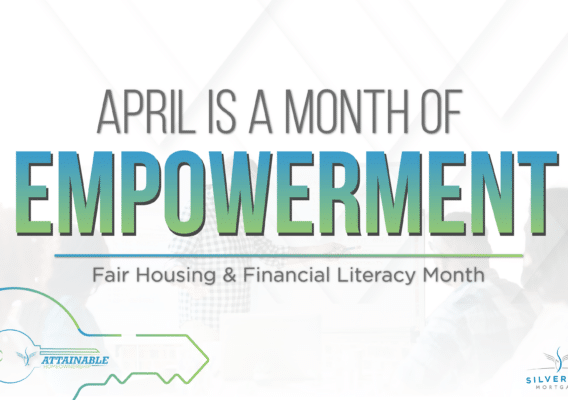You probably started hearing about the elusive credit score during your teenage years. Parents, teachers, and other adults tried to explain the concept, yet you got the idea that they didn’t fully understand it themselves. They said things like, “don’t get bogged down with credit cards” alongside, “you need credit if you want to have anything”. What a confusing narrative. Like many, you may view your credit score as this mysterious and intangible thing that you know is important, but not quite sure why. You are not alone. In this post we will break down credit, why it’s important, and what you need to know for a secure financial future.
What is a Credit Score?
Your credit score is a three-digit number, typically between 300 and 850, that reveals the likelihood you will pay your bills on time. Think of it as a roadmap of your purchases and repayment history. When you apply for a loan or credit card, the creditor will use this score to determine the likelihood you’ll pay your bill on time. The lower your score, the more of a risk you pose.
Why Do We Have Credit Scores?
Having an industry standard is important because it removes any bias from the lending process. Since factors such as age, education, zip code, gender, race, marital status, and employment history is not considered in the algorithm – financial opportunities become available for more people. Once you’ve been given the opportunity to borrow credit – and pay it back – lenders use that history via your credit score to decide on whether they can count on you to pay back your debts.
How is Your Credit Score Calculated?
Here’s where things can get confusing. This is because your credit score is determined in several ways. The basic criteria used to measure your credit includes your payment history, the amount of debt you have, the length of your credit history, types of credit, credit usage, and recent inquiries. The most commonly used scoring system is [MR2] provided by FICO®. FICO® scores are used in over 90% of lending decisions in the United States and gives an accurate measurement of whether an individual is a safe investment or not.
Basically, a higher score demonstrates responsible credit behavior in the past. This is likely to make potential lenders and creditors more confident when evaluating your request to borrow from them.
Why is your Credit Score Important?
Having a good credit score opens up a lot more opportunities in terms of what you’re able to borrow. The higher your credit score, the more likely you are to receive more favorable credit terms. This equals lower payments and less interest paid over the span of the account. The bottom line is that having good credit saves you money.
Many people don’t realize that bad credit can affect job opportunities. It’s not uncommon for potential employers to consider your credit history when deciding on whether or not to hire you. A company may see bad credit as leading to potential problems such as an increased likelihood of theft or fraud. Lots of late payments may also be seen as a pattern of irresponsibility which isn’t a desirable trait in an employee.
How do I Build my Credit?
The most important factor in your credit score is your payment history. In fact, it accounts for 34% of most scores. One late payment can drastically drop your score. Having diverse credit is also important. A mix of credit accounts shows that you can maintain several credit accounts There are two types of credit:
Installment accounts:
– mortgages
– car loans
– student loans
Revolving accounts:
– credit cards
– lines of credit
If you only have a credit card, then a car loan will improve your credit. However, creditors also look at the timeframe in which you apply for credit. Applying for lots of credit accounts in a short amount of time can hurt your credit. Remember, slow and steady wins the race.
How do I Repair Bad Credit?
If your credit is less than stellar, do not fear. There are several ways you can go about improving your credit score. First, it’s important to review your credit report on a regular basis. In an effort to protect consumers the Fair Credit Reporting Act was passed in 1970 and makes it possible to access free copies of your credit reports from all three credit bureaus – Experian, Equifax, and TransUnion.
Next, look for any errors on your credit reports that may need to be addressed. Make sure that personal information such as your social security number is correct and confirm that all the debt listed is correct. If you see something that looks off, contact the provider of the report (Experian, Equifax, or TransUnion) for assistance on how to move forward.
Once you have a firm grasp on your credit situation, devise a plan to make your monthly payment on time each month. Pay any outstanding balances and, if need be, contact your creditors to see if it’s possible to negotiate a lower payment plan. Finally, avoid applying for new credit. Your focus needs to be on making on-time payments and paying down debt. Adding to that will only make your goal of good credit tougher.
Remember rebuilding your credit is a marathon, not a sprint. It may take a while to get your score where you want it but doing so is necessary if you ever want to own a home. While there are several programs designed to help homebuyers with credit scores on the lower end of the scale, you’ll get a better deal with a higher score. Contact a Silverton Mortgage Loan Originator for advice on how to begin the homebuying process and what mortgage loan is right for you.
You Might Also Like

Navigating the Mortgage Maze: The Mortgage Process Simplified

April: The Month of Empowerment

